Fandom Trauma, Revisited
Op-Ed from exiledfan.
If you’re new here, you might have missed my villain Substack origin story, which involved a nightmarish sojourn in One Direction fandom. It was a detour from fandom as a hobby into stan territory, a boundaryless, enmeshed, cultic experience that fundamentally changed how I view modern fandom and the industry that produces and props up fan objects for worship.
I’m still nowhere near done excavating my experience or the intense fandom manipulation that took place over the years. We’re dealing with over a decade’s worth of history scattered throughout the web; there’s a lot to parse and distill.
I was archiving and saving posts, theories, discourse, and content before I started Fandom Exile, but it was messy, poorly organized, and contained many gaps. I was doing it for my own peace of mind, to reassure myself that I didn’t imagine the official narrative pivots, the baiting, the shifts in fandom dynamics, and the manipulation from all sorts of corners.
This year, I’ve been a lot more proactive about my archiving and source mining; this is partly why my newsletter output has been reduced. It’s very time-consuming to do this type of archival work and also very emotionally draining. I was doing pretty well, taking breaks when needed, but then Tumblr decided to fire their support staff, suggesting the end of the site might be nigh.
One of the struggles of documenting online history is that much of it will disappear over the years. Links go dead, leading to endless walls when doing research, and accounts delete or deactivate or go private, with history and information disappearing into thin air. But those have usually been individual decisions. If Tumblr itself went down, everything would be lost. Beyond 1D and the evidence of my own experience, Tumblr is somewhat of an essential resource for online dynamics and history, albeit for very niche corners and subcultures.
So I panicked and kicked my work into high gear: it was time to be proactive. I had only just figured out how to game the Tumblr dashboard to “time hop” and experience your feed from a different time, but this still required the Tumblr infrastructure and would be useless if it went down. I had to double my efforts and speed up, and I needed to find a way to download relevant Tumblr blogs so that I could have my source materials for good.
I’ve spent many months working overtime to scour the vastness of Tumblr to archive relevant posts and takes and discourse. It’s been a lot. I’ve gone over millions of posts and have terabytes of data spread across multiple hard drives. Naturally, I haven’t been able to fine-comb through all of it, but I’ve still managed to do a cursory tour of 1D and its fandom between 2010 and 2021.
Going through it is like being firehosed with the discourse; over a decade of experiences, takes, wins, fights and losses congealing into living moments. It’s felt like revisiting the scene of the crime, but while the crime was in progress. Like stepping onto the scene itself. The hyperbolic highs and lows were, and remain, contagious. When revisiting the years I was active, when the intra-fandom harassment and bullying campaigns were at their worst, my fight or flight responses would be activated on a daily basis.
The distance that I’ve accrued in the physical world doesn’t exist in this space. This is the raw, unfiltered, moment coming back to life. It’s the closest thing to time travel I can think of. The inundation has been incredibly draining.
Every time I set out to talk about my experience, I feel a bit ridiculous, because I can picture the eye rolls, I can imagine the derisive snorts and insults at such dramatics and sensitivity.
But that’s what it feels like. This is partly due to the “perpetual present” that online spaces deliver. When you’re going through a blog archive, it’s not like going through a journal—it’s full of interactions, communal responses, and feedback loops you can see happening in real time. The way discourse is shaped and Big Name Fans gain and lose influence. The shifts in acceptable opinion and behaviour. Being exposed to more evidence of how stalker fans were enabled, contributing to toxic norms and ethically dubious behaviour. It activates my memories, and unfortunately, I have incredible recall. While it helps with research and writing, it’s a negative when it comes to moving on and healing. Because I can call back the most random of events as if they just happened. I can be reminded of unexplained, illogical things that can gnaw at me all over again, more aggressively in the present day because I know it was never resolved, never answered.
Now imagine actually getting into the swamp of memories and adding more context retroactively. Reading these blogs has been like getting an omniscient instant replay of a car crash. And still, the past is more appealing than the present because at least there existed hope—there were so many exits that could’ve been taken when things could have gone better. Where fellow fans had the chance to react differently and not act on impulse, taking things out on one another. Falling for manipulation while thinking yourself immune. But looking at the past with the weight of the present also allows for more cynicism to breed. Because in hindsight, it looks inevitable. All the red flags, the stop signs that were ignored because we hoped, we believed, we knew…
The tectonic shifts in fan-accepted truths, the flameouts, the retconning, and the expressed cognitive load of balancing what you know to be true because you saw it happen with the publicity cycles that pretend it didn’t. Twitter fuckups and social media fails. Inexplicable back-and-forths and outright manipulation.
Seeing the deactivation date on accounts and being able to guess what the last straw might’ve been, what fan war was raging at the time and might’ve caught the accounts with a stray bullet, or whether targeted harassment occurred.
It’s overwhelming and depressing. I wish I was never involved in the fandom, and sometimes I wish the band never existed. I regret knowing anything about them, and I don’t see that ever changing. The experience fundamentally shattered my idea of the world: the way communities fall apart, and the way manipulation and extreme antisocial behaviour from a few people can completely poison a space. How history is just a narrative that can be rewritten—within a group itself, erasing the red flags of the past, but also on a more organized scale, within media ecosystems. We were better off when there was a semblance of a fourth wall between fans and the creators, fan objects and the companies that manage their brands. When stans weren't rewarded. When the media ecosystem didn’t pander by default.
While I had only recently been able to return to listening to the band at all, this has also come to a halt. Their output (albums 3-5 only, please) has been put back on the shelf.
When I say that this fandom is one of the worst things that happened to me, this is what I mean.
So if I’m still so easily shook up, why am I even here? Why do I keep doing this to myself? I am bitter, and I am a hater. But I’m an educated one, with sources. The thing is, I did try to avoid everything to do with this mess for years. Literally, years. But it was impossible. It was inescapable. Heck, earlier this week, I read a piece about ghosting that thanked Harry Styles for his trademarked Treat People With Kindness® slogan. Having experienced the “kindness” his fandom serves, that type of commentary makes me feel like I’m inhabiting an alternate reality.
So I chose to walk towards the wreckage, because if I can’t escape it, at least I can document it. And the writing itself helps me interpret and process everything. Making sense of it all. When I was trying to avoid it, I would constantly be caught off-guard and “triggered” into a depressive spiral. But now I’m in the driver’s seat, and I’m going to make the most of it.
So consider this a heads-up. An introduction, a preamble, if you will, to my One Direction deep dive series. I have enough knowledge ready to burst from my head that needs to be organized into something that makes sense. From a head-on look at the Rainbow Bondage Bear mascot as bait and marketing strategy, to the commodification and exploitation of Larry Stylinson, to individual explorations: Harry as the prince of Potemkin pop culture, who inherited the infrastructure of the band, Liam who remained in a constant push-and-pull dynamic with an audience and industry that ended up consuming him whole. Louis who went from fighting for the band and leading the charge to his career being squandered. Zayn being mistreated and finally having enough, now working on his own terms. And of course, Teflon Niall.
Plus, the fandom of it all.
In 2019, there was discourse about why so many blogs had left over the years, either because the environment was hostile to them or they flamed out. But considering the climate, why wouldn’t you leave? As one person said,
“people leave because they’re left to feel like they have no other choice. Isolated, vilified and bullied, why would anyone subject themselves to screaming into the void as if they’re Cassandra - given the gift to foresee the future but none will listen and instead she is branded as crazy?”
That is what it felt like. In a way, I suppose I’m still screaming into the void, but it’s a more formal process of sense-making. And I know I’m not the only one who has this experience, so I hope it can be a comfort to fellow spurned fans. And while in the big picture, none of this really matters, fandom is currently big, big business. I hope the series will provide insight into modern fandom and stan culture at large, the way feedback loops and layers of discourse shape communities. How the love beyond reason, the cultic fan base, and the zealots ultimately end up damaging themselves as well as the brands.
If history is written by the victors, then I'm just a loser trying to make sure my side is being heard.


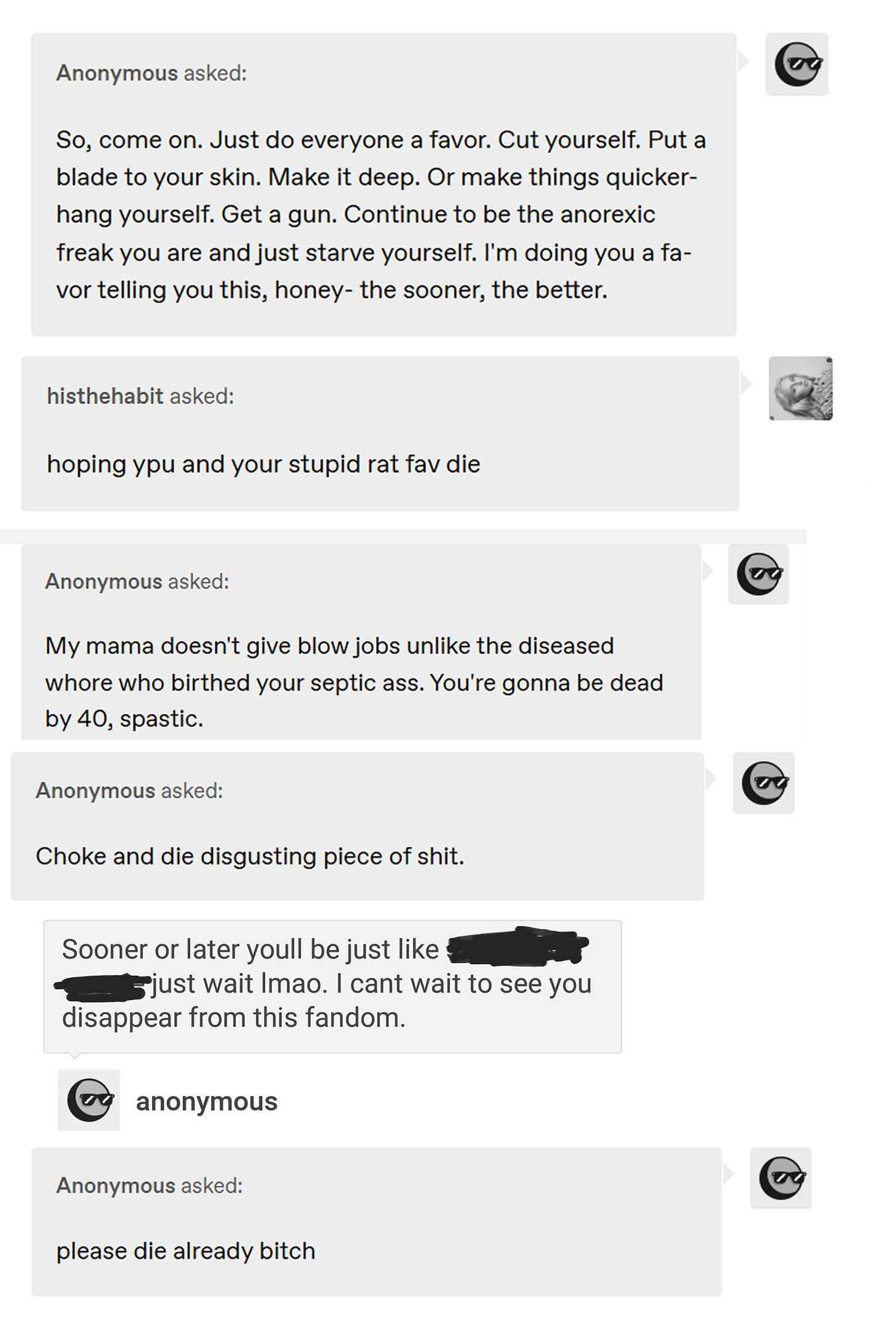
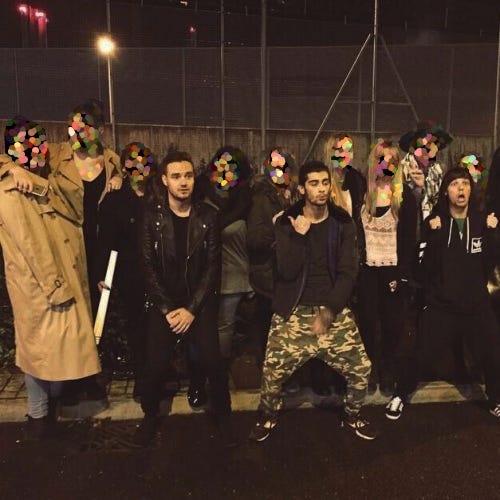
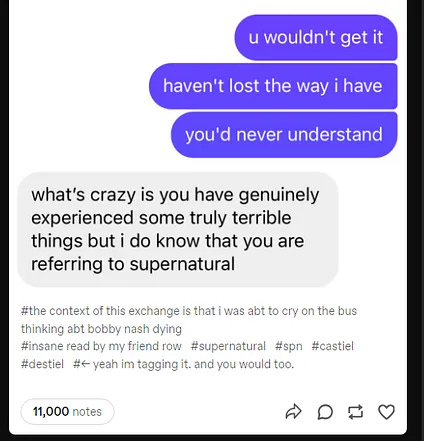


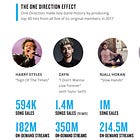
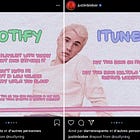
I'm REALLY looking forward to this.
This was pretty illuminating to read - I don't blame you for kind of having that stress response revisiting stuff like this. You've grown a ton since this period of your life, and I genuinely appreciate the work you've done in this space. The archival work is especially important, as we're kind of running into those issues (especially with say, Flash Games) where if no one cares, they're just going to vanish. I appreciate you caring, I guess is what I'm saying.